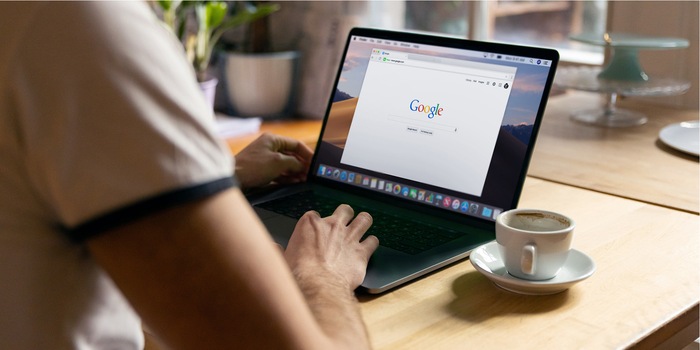
Knowledge: The Internet as a neuroprosthesis
Googling" content on the Internet is similar to our way of thinking. We therefore tend to falsely attribute the information we acquire in this way to our own knowledge.
Access to information has changed radically in recent decades. Before the triumph of the Internet, we had to rely on the Brockhaus on the bookshelf or do research in the library. Today, the computer or smartphone in our pocket is our gateway to the world's knowledge. However, we sometimes can't distinguish knowledge drawn from the Internet from our own, as a study by Adrian Ward of the University of Texas shows.
The marketing researcher conducted eight different experiments. In the first experiments, he demonstrated the following: Subjects who were allowed to consult a search engine such as Google to answer questions subsequently overestimated their own knowledge compared to those who had to work without assistance. In the eighth experiment, Ward divided 156 volunteers into two groups, each of whom was confronted with 50 questions, in order to investigate in greater detail how tools from the Internet influence the perception of one's own level of knowledge.
More similar to their own thinking
One half was allowed to Google freely if they were stuck. The other half was provided with links to the appropriate Wikipedia articles, so they did not have to search for them themselves. The researcher then presented all the test subjects with 70 questions, including those they had previously worked on. For each of them, they were asked to indicate whether they had used external sources to answer. On average, the Wikipedia group falsely attributed only one answer to their own knowledge. For the Google group, the figure nearly tripled.
Researching something in a search engine adapted to our linguistic usage is more similar to one's own thinking than "looking it up" in an encyclopedia like Wikipedia, Ward suspects. Especially since Google tries to provide information as "casually as possible. As a result, he says, it can happen more quickly that people mistake researched knowledge for their own. "Perhaps the Internet is less like a library for us and more like a neuroprosthesis, to which we are connected not by wires but by data streams," says the psychologist.
Spectrum of Science
We are a partner of Spektrum der Wissenschaft and want to make sound information more accessible to you. Follow Spektrum der Wissenschaft if you like the articles.
Originalartikel auf Spektrum.deTitelbild: Unsplash
Experts from science and research report on the latest findings in their fields – competent, authentic and comprehensible.